Ownership of IRONMAN is More Than the Legal Status
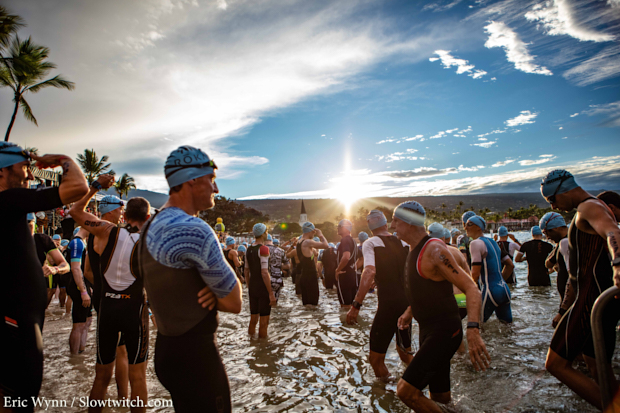
I make it a point never to lecture anyone who runs a brand on how to do that job. I’m going to jailbreak out of my own rule to speak to IRONMAN’s new CEO Scott DeRue. (Then I’ll slink back into my cell, lock myself in, and stay out of other people’s businesses.)
The challenge for IRONMAN and every brand isn’t just its relationship with its customers but its relationships period. This brand enjoys relationships with customers, vendors, host cities, partners, elite athletes. This relationship challenge comes with the territory and I have been and remain a big fan of just-retired CEO Andrew Messick. DeRue inherits what has become under Messick’s custodianship the undisputed worldwide leader in portable mass participation endurance event production. But in my opinion there is one side of IRONMAN that needs sprucing up as we move into DeRue’s era, and that is the revenue side. Those in charge of taking in the money. For sure it’s easy to criticize revenue generators but they are the engine that runs the ship. They keep the lights on. Nevertheless, in my prior installment I promised specifics.
If you’re IRONMAN and you suffer in your relationships with expo booth buyers and endemic sponsors that’s largely on the revenue side of the office. We don’t need an actual triathlete in the role of CEO but those in charge of partnerships with sponsors and host venues, as well as the whole expo thing, this requires someone who understands the mechanics of multisport. I’ve spoken to both current and former endemic sponsors and expo buyers and, in my experience among this partner class, it’s hit & miss finding those who think value is likely to be returned equal to the sums IRONMAN seeks to charge. If I’m DeRue the first thing I do then, after introducing myself to the staff, is to bring back John Duke. He was the one person in partnership sales (from 2010 to 2018) who I can confidently say really understood endemic partners. Timothy Carlson interviewed Duke in these pages back in 2010 and it took two installments to do it.
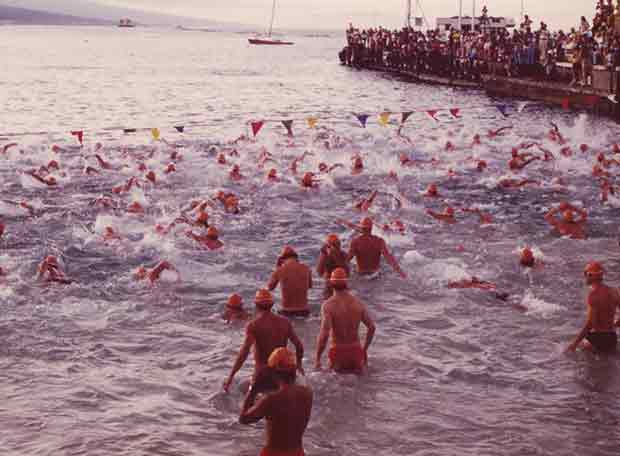
By “endemic” partners I mean those sponsors who sell goods and services specific to our industry. Vinfast is not an endemic partner. HOKA is. By “value-add” partners I mean those whose deal with IRONMAN includes a service that’s part of the race experience. If Maurten gels are served on the course; if Athletic Brewing flows after the race; those partners add value to the race experience. Those partners need to be treated differently, because if you make it hard for these partners to provide their service that waters down the race experience.
Let’s take the skin sensitive case of TriBike Transport. We polled you all and of the 937 who answered this poll, 699 race IRONMAN here in the U.S., and of all of you a full 25 percent said that you “Plan to use TriBike Transport and would struggle to get your bike to events without them.” But, despite the needs expressed by IRONMAN racers, this service was not offered as part of IRONMAN’S registration flow. There was, according to TriBike’s owner Marc Lauzon, a general pullback of services offered by IRONMAN. Lauzon maintains that because of this registrations for bike shipping services were way down. He also says he repeatedly warned IRONMAN’s revenue officers that they might not make it solvent through the 2023 race season without IRONMAN’s marketing help.
Could this be true? Did IRONMAN’s revenue team simply spectate TriBike’s implosion, while hundreds of bikes were en route to and from IRONMAN events? To be clear, blame for the closure of TriBike Transport squarely falls on TBT's management, because the failure of every business does. Furthermore, IRONMAN stepped in and backstopped the operations of TriBike Transport to get athletes’ bikes to and from races in Arizona, Florida and Cozumel. Bravo to them for doing so. When just-retired CEO Messick was apprised of the situation, it took him a matter of hours to make that bold call. Those at IRONMAN responsible for its relationship with TriBike had months to manage and help forestall the problem. Could IRONMAN’s revenue team have been this out of touch with a partner so deeply embedded into an IRONMAN athlete’s race experience?
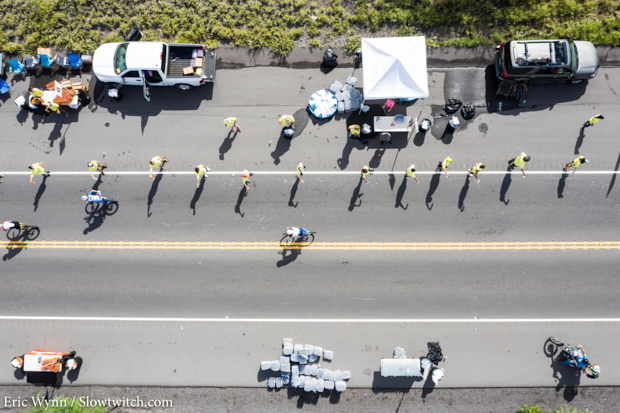
Lauzon told me that one of IRONMAN’s revenue managers said to him that IRONMAN treats value-add partners the same as every other partner. If this is true it displays a basic misunderstanding of what it takes to produce the race. Value-add relationships used to be a thing at IRONMAN, but as an observer that seems less the case over the last 2 decades. When I was running my first company we operated 11 workstations, each manned by a mechanic under 6 tents in Kona, and wrenched on 600 of the 1,400 bikes in the race at no charge to anyone (except me). What’s keeping IRONMAN athletes from enjoying that kind of neutral support today? Surely there are partners out there who will provide these kinds of value-add services, with the price to IRONMAN calibrated to make the deal work for everyone. What partnerships with brands exist just to serve your customers? If what IRONMAN’s revenue team wants is more revenue, the real revenue in mass endurance sport is in race registrations. You increase registrations by providing an unparalleled race experience, which value-add partners help you produce.
If you don’t want to make many-time IRONMAN finisher (and the best salesman I’ve ever met) John Duke your new chief revenue officer at least place him in charge of all the value-add and endemic partners. I have no quarrel with IRONMAN’s revenue team remaining in place to go prospect Fortune 500 companies (and they’ve done that well). But IRONMAN has not adequately appealed to brands in triathlon, either by attracting them to its expos, making them official suppliers, or bringing them along as value-add strategic partners.
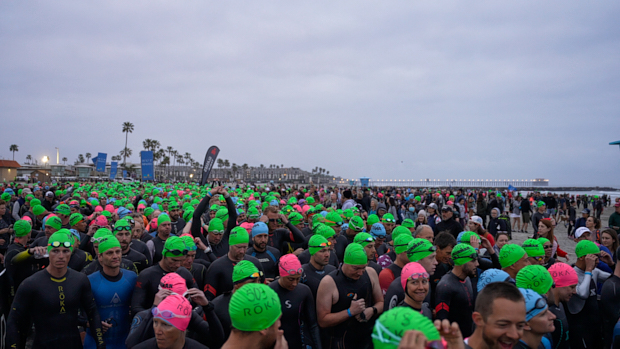
Finally, there’s a new position open at IRONMAN. Or if not there should be. This new job of Chief Community Officer is to energize everything in triathlon that does not bear the IRONMAN name. IRONMAN tried this once before in 2015 in partnership with Life Time Fitness, an initiative called Commit to Tri. But IRONMAN was sold to Chinese industrial giant Dalian Wanda a few months later and there went that. Here are two things IRONMAN could do, really cheaply:
First, to spice up its expo and juice the action at the grass roots, sell for $500 a half-dozen expo booths at every IRONMAN to local RDs and clubs. If they’re non-profits, rebate back that $500 if the booth is actually manned throughout the expo. And second, devote regional email reachouts to the local non-IRONMAN tri scene, at no charge to the object(s) of the email (e.g., push the Smiley Triathlon Festival to everyone on your email list in the Carolinas, and Smiley is one example of the hundreds of events IRONMAN should champion). Build out event pages for each IRONMAN race with a list of local resources, including a calendar of local races and a way to knit into local clubs. In short, do what you promised back when you launched Commit to Tri (it was a great idea then and remains great today).
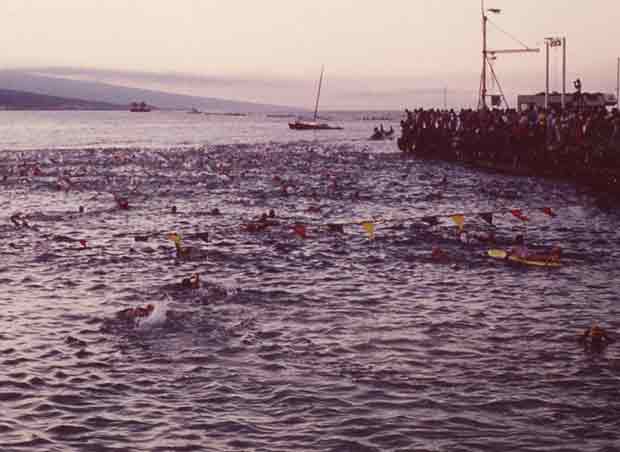
IRONMAN owns or aggregates under its banner the races, the coaches, the clubs, but mostly this effort has worked to freeze everyone else out (including our national governing body, which had a pretty great coaching training & certification program before IRONMAN elbowed in). IRONMAN has done its job too well. There are no minor leagues. No G League. No pipeline. It has created an island for triathlon large enough only for IRONMAN and the water is rising. It has been a world class company in endurance sport, but not a world class citizen. IRONMAN and the community need each other.
What is IRONMAN? Why do you and I care? We enter a race we don’t even know we can do, and racing that first and every subsequent IRONMAN is a journey both inside and outside ourselves. Finishing an IRONMAN requires skills only a tiny slice of those in human history have ever earned. For many of us IRONMAN is the instant our lives take a turn, and everything else we’ve done references that moment. IRONMAN is a personal touchstone and for this reason there are no owners of it. There are only temporary custodians of a cultural institution who’ve been granted the privilege of husbanding the brand while they remain in charge. The new custodian has more than a responsibility. He has an opportunity.


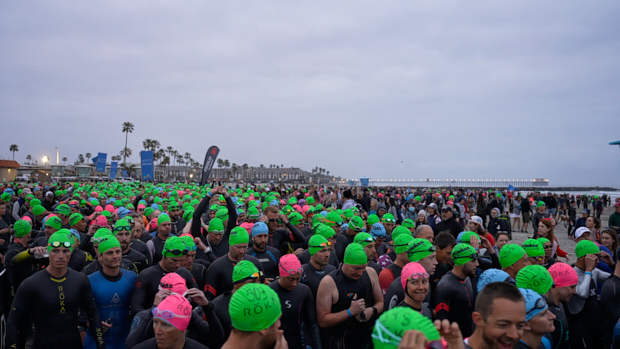
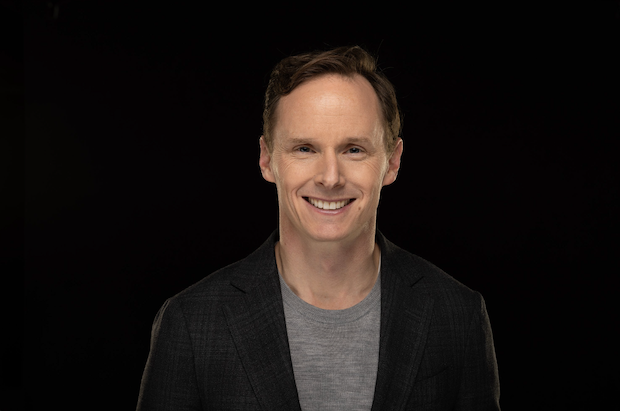
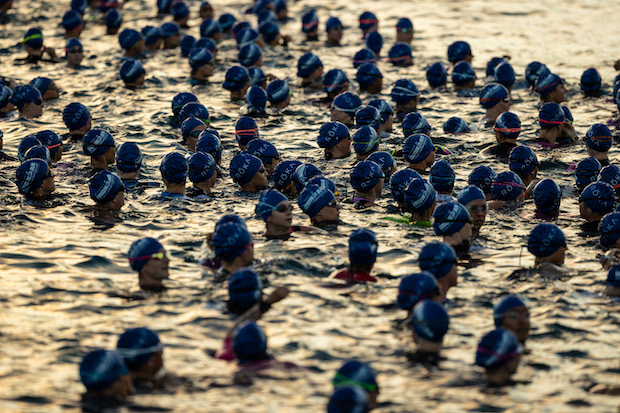
Start the discussion at slowtwitch.northend.network